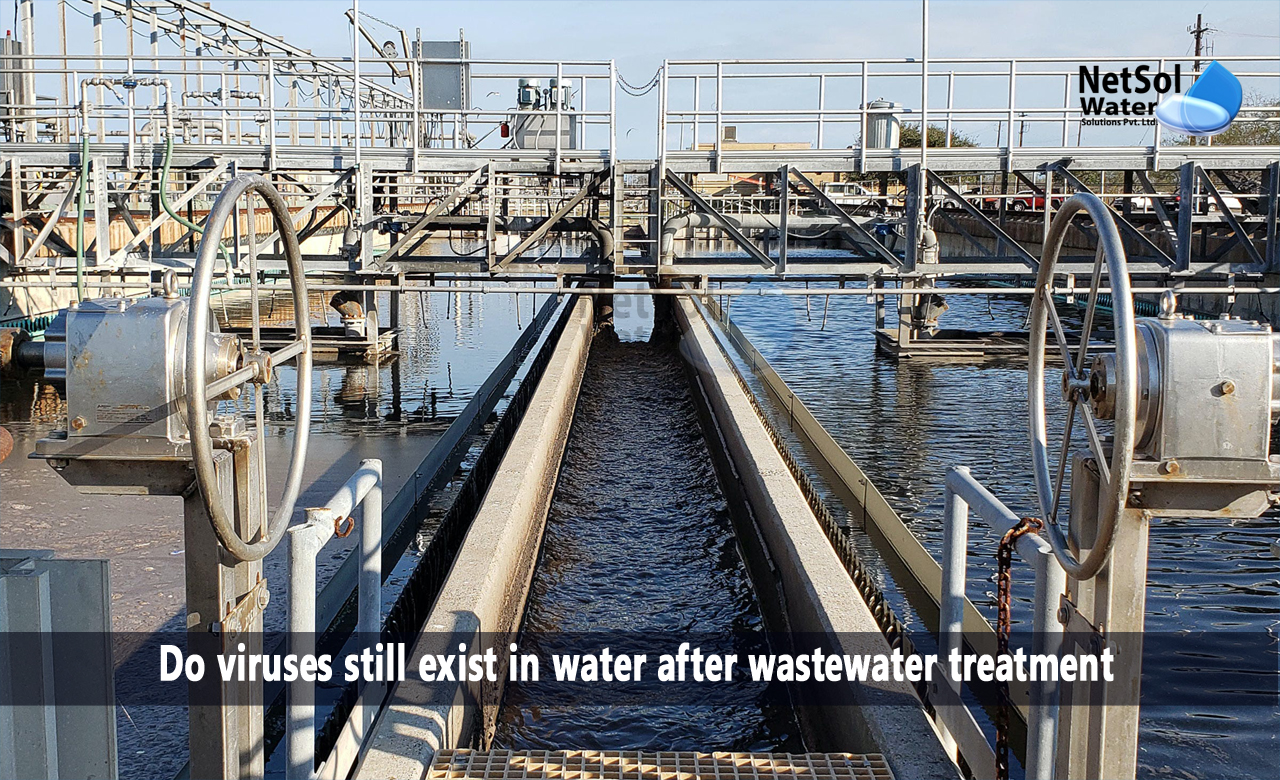Removal of viruses from wastewater is one of the key objectives of wastewater treatment plants. There have been terrible viral outbreaks in the past that were spread through water. This raises inquiries like, “does wastewater treatment successfully eliminate viruses from public water supplies”?
Let us understand if viruses still exist in water after wastewater treatment, in this blog!
The Safe Drinking Water Act
In order to safeguard drinking water, strict regulations are set under the Safe Drinking Water Act. Water treatment facilities and wastewater treatment plants must test for and remediate pollutants from microbial sources of water.
People who use these water treatment systems must receive orders to use water treatment equipment’s like RO Plants, or other warnings if the contaminant levels are high.
Viruses that can be found in water
These co?mmon viruses are among the many microbiological pollutants that may exist in water:
· Adenoviruses, which can cause upper respiratory infections including bronchitis or pink eye.
· Hepatitis A.
· Calciviruses like norovirus.
· Enteroviruses such as coxsackievirus and poliovirus.
How does this affect a water treatment facility?
Every action a water treatment or a wastewater treatment facility takes to get rid of other viruses from wastewater, also protects against less frequent viruses.
Various stages of wastewater treatment
There are various stages from the time wastewater is received until it is returned to a body of water or a public water supply, according to the procedures used by the majority of water treatment facilities.
1: Wastewater enters the facility where it is cleaned by a combination of filtration, clarifying, and screen technology and other biological treatment procedures including MBRs, MBBRs, SBRs, etc.
2: Other contaminants can be eliminated by filters or filtration materials in one of two ways. One method involves placing the activated carbon filters for post-filtration cleaning after the quick mixing, flocculation/sedimentation, and filtration processes before the water continues. The alternative method uses a filtration tank where, following quick mixing and flocculation/sedimentation, charcoal settles in the bottom of the tank and filters out impurities and odours.
3: Some wastewater treatment systems may use sand or other materials in addition to charcoal or activated charcoal to trap bacteria, viruses, chemicals, and parasites. RO plants can also be added along with UV water filtration techniques. Any remaining bacteria, parasites, and viruses are eliminated in the second stage, by adding a chemical disinfectant like chlorine or using UV disinfection.
4: A wastewater treatment facility often uses chlorine or chloramine as disinfectants. Since the 1920s, chloramines, which are a combination of ammonia and chlorine, have been employed. Mono-chloramine is specifically used in water treatment facilities to destroy bacteria without irritating the eyes, lungs, or skin.
5: Another popular option for wastewater treatment facilities is chlorine. It's a bleach that can be dangerous in large doses, but the quantity that is left over after treating the wastewater is negligible and is regarded as safe to consume. The extra chemicals employed in the water disinfection process are removed with the use of UV or de-chlorination.
Do viruses still exist in water after wastewater treatment?
You must make sure your wastewater treatment system complies with current regulations, to guarantee that it is eliminating viruses and other impurities. When adjustments are made, Netsol Water Solutions’ may assist you in reviewing your current setup and determining whether any enhancements are required. We have engineers accessible to build new plans that match your space and budget, if your out-dated system requires a thorough update.
A wastewater treatment facility processes wastewater more effectively and efficiently, with the use of updated technology. Although, replacing out-dated equipment may initially be more expensive, over time it will save money on repairs and electricity bills. It guarantees that you abide by the most recent rules.
How can Netsol Water assist you?
At Netsol Water, we combine technology, funding, and knowledge to meet customer’s wastewater treatment needs, at an affordable price for both commercial water treatment facilities, and industrial wastewater treatment plants. Thanks to our ten years of experience helping some of the biggest end-users in India, with their water and wastewater treatment needs, our highly skilled and trained field staff is ready to help you achieve your operational and sustainability goals.
Therefore, in addition to providing thorough system design and engineering, we are happy to offer field services and support with the selection of treatment materials. Contact us at +91 9650608473 or enquiry@netsolwater.com to learn more



